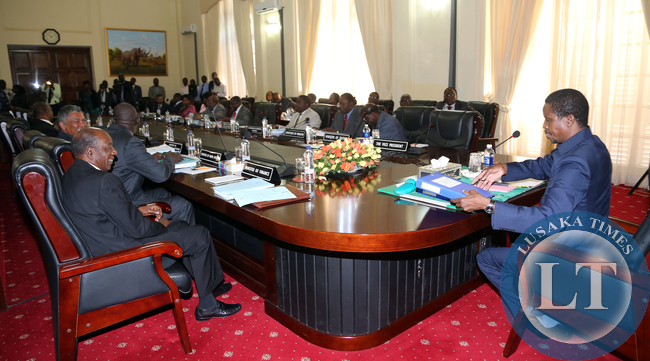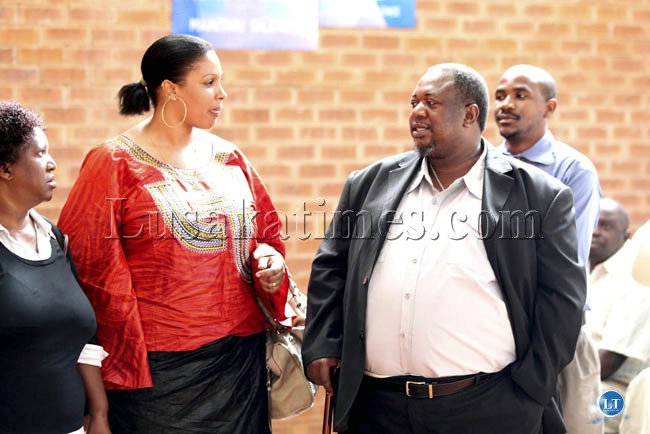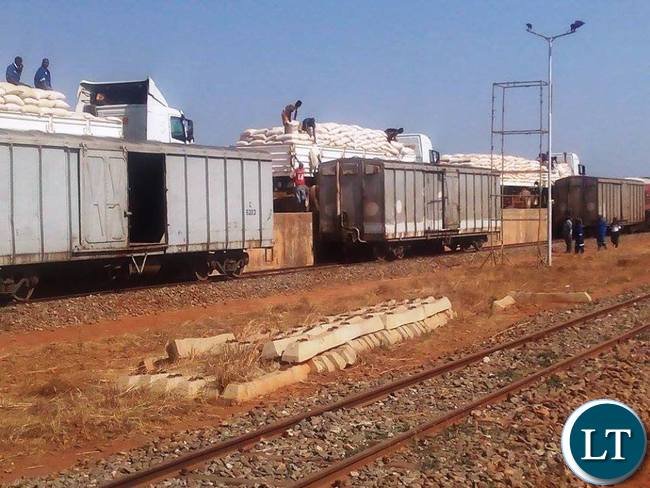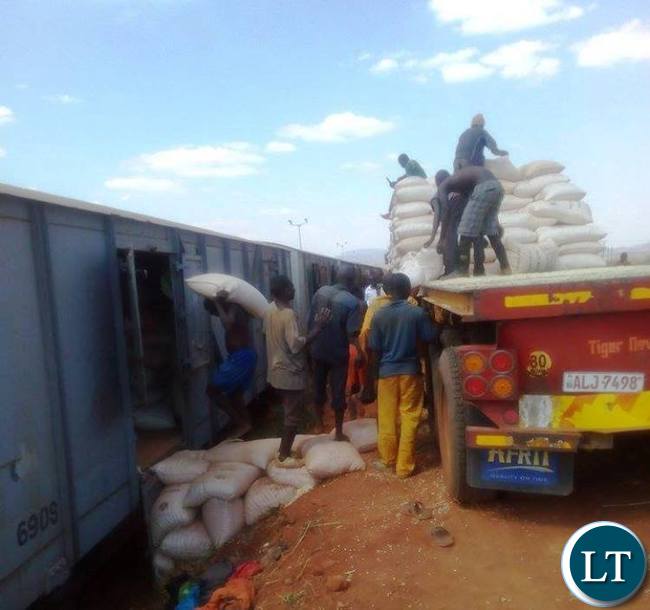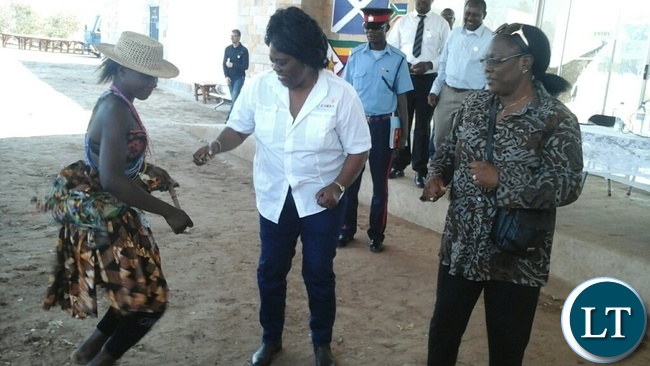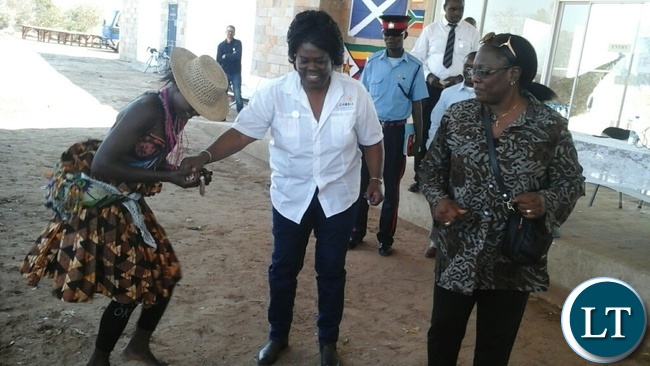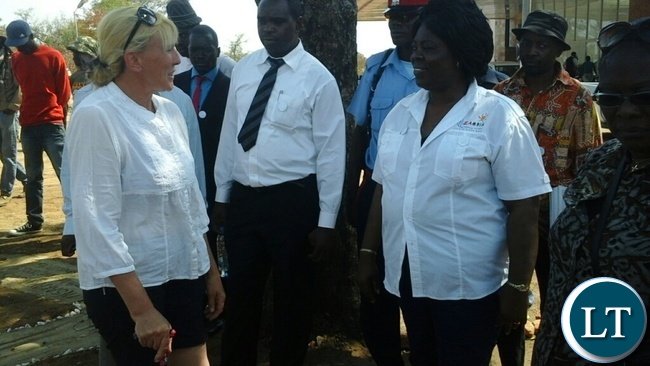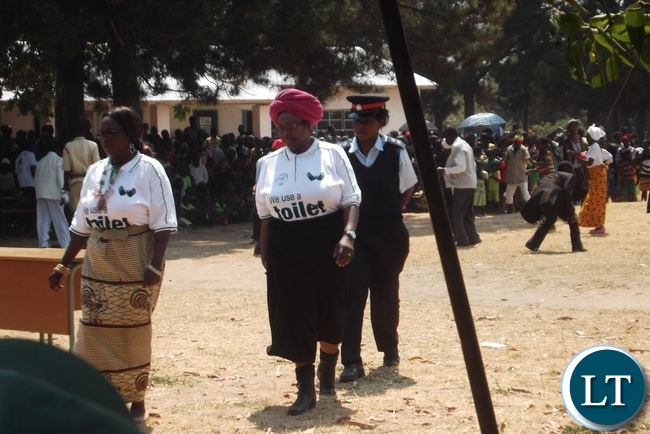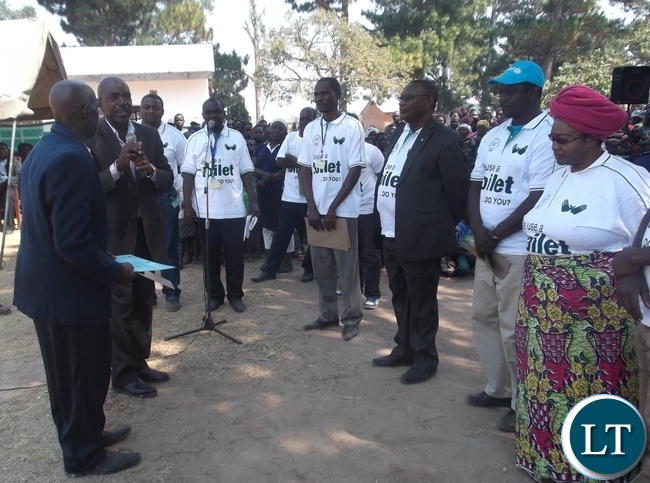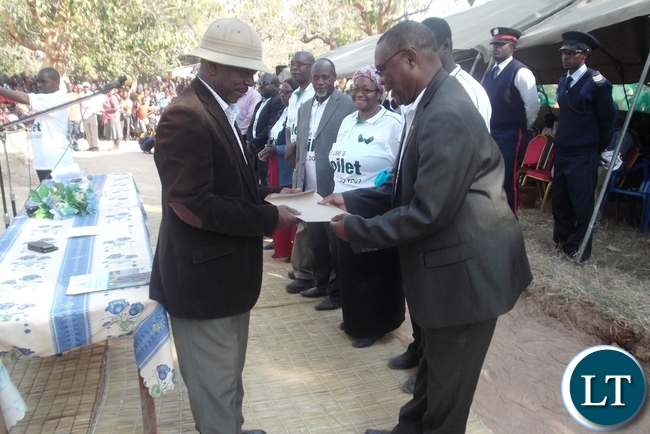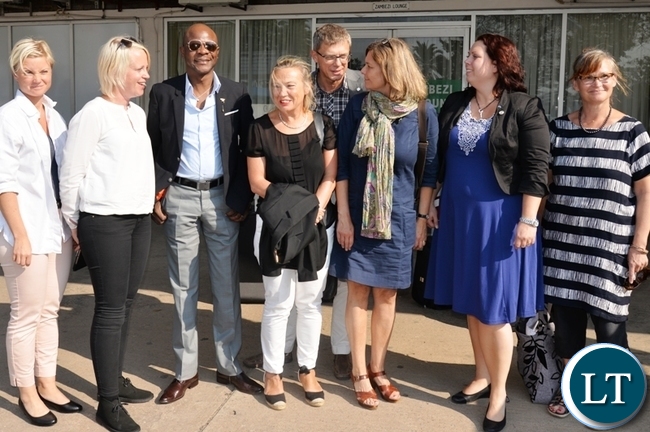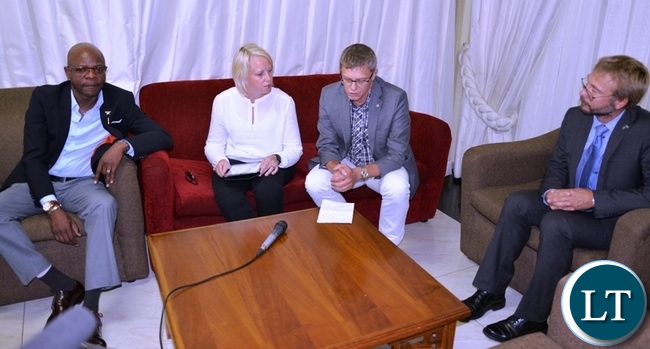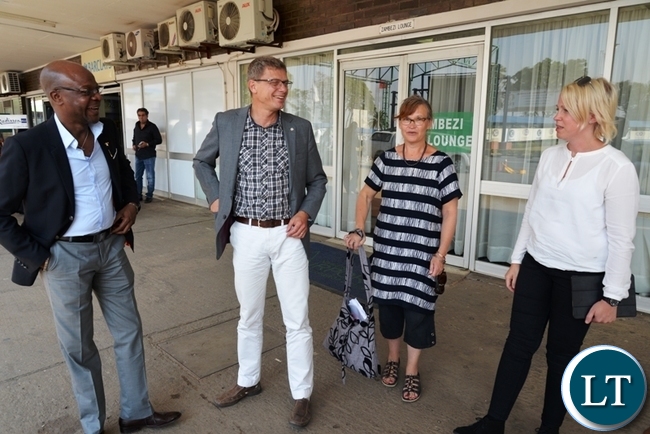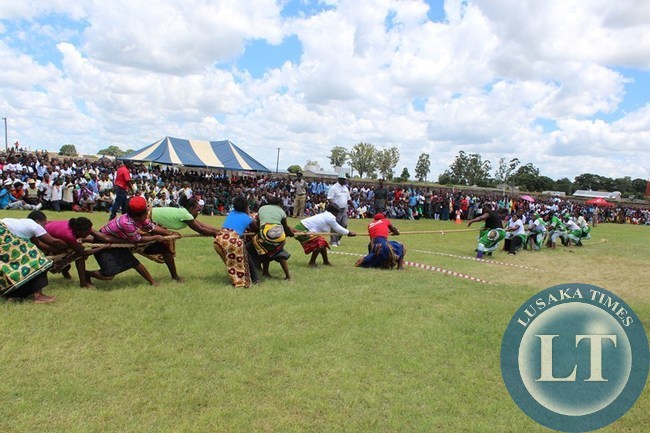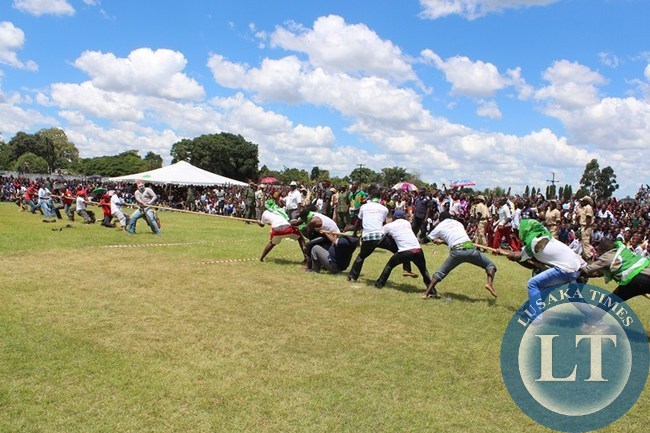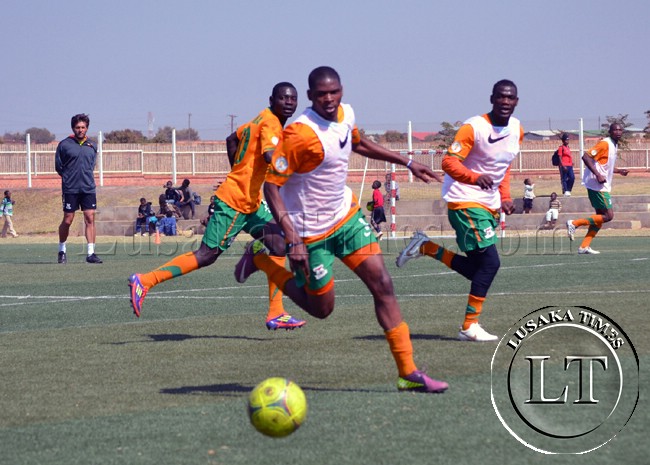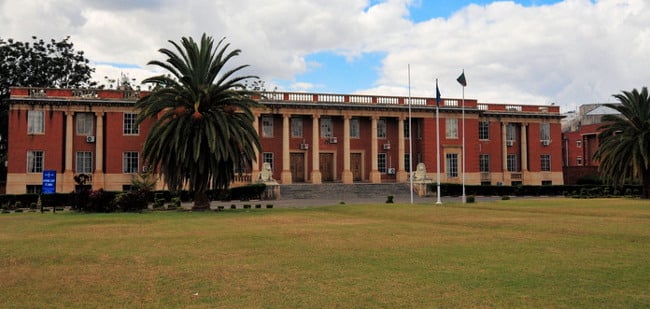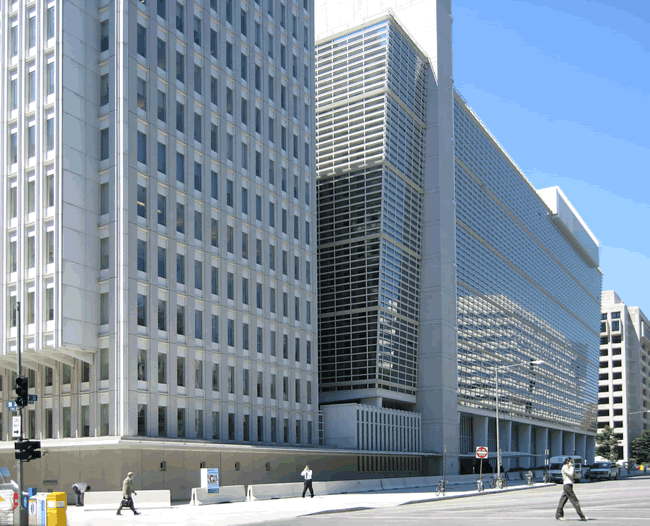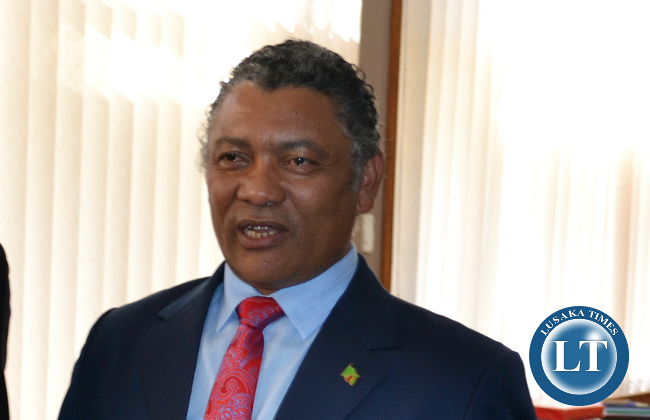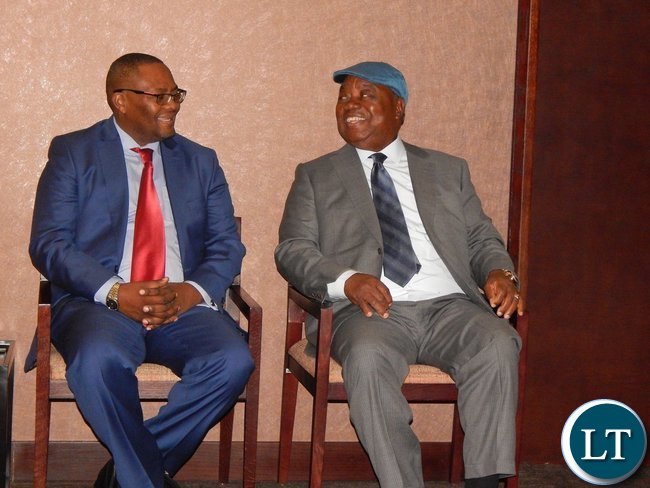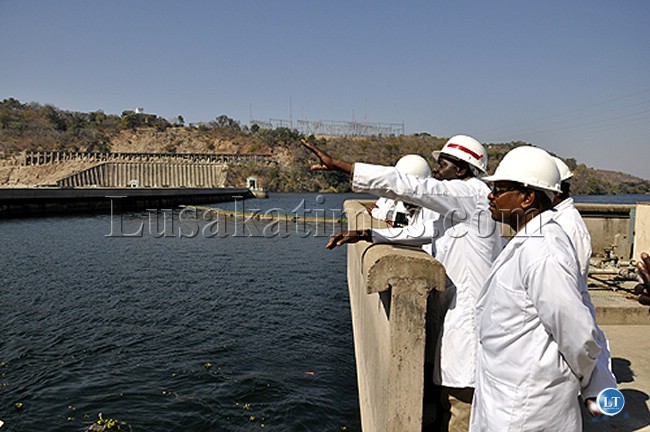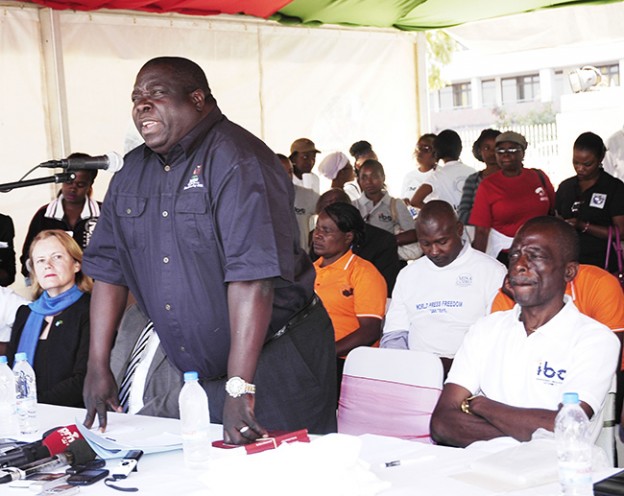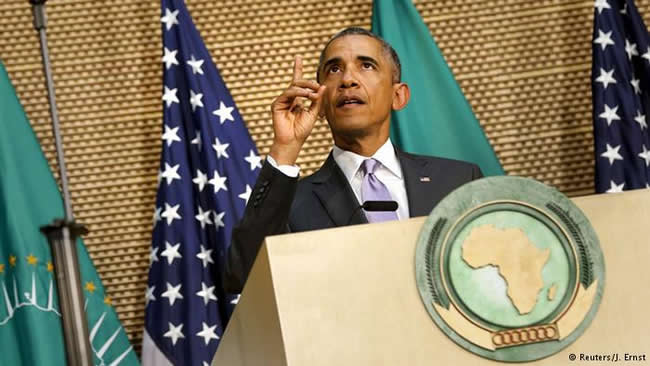
By Field Ruwe
Obama reminds me of the farmer in the “Parable of the Sower” in Matthew 13 who scattered seed “some fell along the path, and the birds came and ate it up.” His recent trip to Africa remains as fresh as yesterday. I was struck not by the sheer ecstasy of his parlance, but by how desolate his tone there at the African lectern.
“The future of Africa is up to Africans,” he hollered. “For too long, I think that many looked to the outside for salvation and focused on somebody else being at fault for the problems of the continent.”
The forlorn voice bounced off the walls and echoed in the belly of the continent. In his palace, chairman of the African Union, the 91-year old Robert Mugabe was in a world of his own. He couldn’t help but to feel exultant. His strategy to keep African presidents away from Obama had worked. When he learned Obama would be speaking at the AU, he chose to do nothing about it. The last thing he wanted was to summon all African leaders to converge on Addis Ababa and listen to the authoritative political and ideological voice of Anglo-American imperialism.
Two days prior, Mugabe had watched Uhuru Kenyatta openly slam Obama over his gay rights comments and marveled at his audacity. He was glad young Kenyatta was emulating him for he had so often said gays were lower than pigs, goats and birds, and they should go to hell. And when the US Supreme Court decided to legalize gay marriage Mugabe mockingly said he would travel to the White House and ask Obama’s hand in marriage.
Kenyatta’s surprising effrontery nipped into his guest’s momentum and threw him off the pedestal into the wilderness. By the time he was getting to Addis Ababa, the Africa-changing speech that his “intellectual blood bank” took weeks to craft was attenuated. Speaking at the twilight of his presidency Obama had hoped to impress and inspire Africa, and like Kennedy, put his own distinctive rhetorical stamp on the address.
Incidentally, I too thought Obama’s speech of July 28, 2015 was as important to the Africans as the January 20, 1961 Kennedy Speech was to the Americans. In the same way Kennedy, the first Catholic president, used words to herald the commencement of a new America, Obama, the first black president, was trying to save the beleaguered continent from its forbidding fate and usher the new generation into a new Africa.
Back in 1961, Americans understood the significance of Kennedy’s speech as soon as he uttered his famous quote: “Ask not what your country can do for you—ask what you can do for your country.” They knew Kennedy was soliciting for their commitment and sacrifice. They obliged and committed the words to memory. Senators and Congressmen praised Kennedy for the “magnificent political speech.” The “ask not” catch phrase was broadcast expansively and editorialized in newspapers across the country. As a result, it has made sacrifice imperative up to this day.
Although some may shudder at the comparison, echoes of Kennedy’s hope and change could be heard in Obama’s “Africa for Africans” speech. In a similar eloquent manner, Obama urged Africans to rid of the dependence syndrome and face the future on their own. He called on them to join hands and set the continent on the path to the “New Frontier.” Most importantly, he recognized the exceptional values and qualities of Africans and uttered perhaps the most noteworthy words of his speech: “Africa does not need strong men, it needs strong institutions.”
This is precisely why Africa’s “strong men” stayed away. The likes of Yoweri Museveni of Uganda, Denis Sassou Nguesso of the Republic of Congo, Pierre Nkurunziza of Burundi, Paul Kagame of Rwanda, Yahya Jammeh of Gambia, Faure Gnassingbe of Togo, Joseph Kabila of the Democratic Republic of Congo, and of course chairman and president for life Mugabe knew Obama would become intrusive and go after them. And he did: “Africa’s democratic progress is also at risk when leaders refuse to step aside when their terms end.” With these words Mugabe flushed Obama’s speech in the lavatory.
It’s been over two weeks, there’s no affirmation of support for his speech from Chairman Mugabe; no words like “life-changing,” “brilliant,” or “a call to duty.” Not even Museveni, the once darling of the US, has emphasized the sincerity of the address and commended Obama for his deepest convictions and high hopes for Africa.
The youthful African leaders are just as numb. Joseph Kabila (43), Yahya Jammeh (49), Pierre Nkurunziza (51), Lesotho’s Letsie III (51), Uhuru Kenyatta (53), and Senegalese Macky Sall (53) are not invigorated. They have not called on their nationals to evaluate the speech, and measure the cogency of its overall message. It has since become clear that they feel no necessity to talk about Obama’s effort to motivate Africans.
The truth is they did not want him to come to Africa in the first place. In as far as they are concerned he has ceased to be their redeemer. By the time Air Force One was taking off from Washington DC, they had long switched allegiance. Xi Jinping had succeeded in creating a stratagem that had caused them to sell the entire continent for a pound of flesh. Africa had become China’s second continent.
In what could be termed as the world’s biggest bribery, China has completely blinded African leaders with “trinkets” such as highways, airports, railways, bridges, and the AU building. Like Cecil Rhodes who dreamt of a Cape-to-Cairo railroad and bribed African chiefs so he could have access to their land and minerals so were the Chinese dreaming of high-speed railways connecting major cities of Africa. They were suborning African leaders for the exact same reason.
Deals between some African leaders and the Chinese government officials worth millions of dollars were exchanging hands even as Obama landed in Addis Ababa. When he, speaking from a building erected by the Chinese, accused some of the African leaders of corruption, they dismissed him as a windbag—an empty, voluble, pretentious talker.
In truth, Mugabe and other African leaders had flushed the speech long before Obama put pen to paper. For all their wisdom Africans leaders have failed to produce appreciation and support of the other’s talents, ideologies, and theories. They have failed to appreciate the great speeches of their fellow men. Actually Obama touched on this very issue: “We have failed to learn from our own great men like Nelson Mandela who repeatedly said ‘education is the most powerful weapon which you can use to change the world.’”
What African leaders may not know is that it is speech that has created great nations. God used speech to create the entire universe with the words ‘let there be light.’ His son Jesus Christ turned speech into a moral and spiritual power with his famous Sermon on the Mount. In actual fact, it is speech that won the eloquent youthful Obama the presidency and set him on the road to become one of the most rational presidents in US history. He still uses it as a catalyst to evolution.
But Obama was not to be stomped by Chairman Mugabe and his cohorts. At the African lectern, he shifted his attention to the new generation—the millennials: “We can’t let old traditions stand in the way,” he told them. “The march of history shows that we have the capacity to broaden our moral imaginations. We come to see that some traditions are good for us, they keep us grounded, but that, in our modern world, other traditions set us back… the most powerful antidote to the old ways of doing things is this new generation of African youth.”
And he added: “Africa is on the move. A new Africa is emerging. Africans are beginning to leapfrog old technologies into new prosperity…your country is better off if you have new blood and new ideas.”
It is in the millennials that Obama’s speech found reflective influence. Africa’s new generation need not be strong, but intelligent. Men and women across our motherland should not be envious and jealous, but appreciative and supportive. They should join efforts to fight tyranny, corruption, poverty, disease, and hunger. Most importantly, they should guard Africa from tricky exploiters and equip themselves with Mandela’s words: “Never, never again shall it be that this beautiful land will again experience the oppression of one by another and suffer the indignity of being the skunk of the world.”
Yes, the millennials should be the seed that fell on fertile soil. It should produce a crop a million times what was sown. “He that hath ears to hear, let him hear.”
Field Ruwe is a US-based Zambian media practitioner, historian, author, and a doctoral candidate. Learn more about him on his website www.aruwebooks.com. On it you shall access his autobiography, articles, and books. Contact him, blog, or join in the debate. ©Ruwe2012
